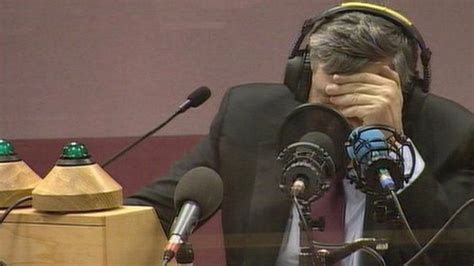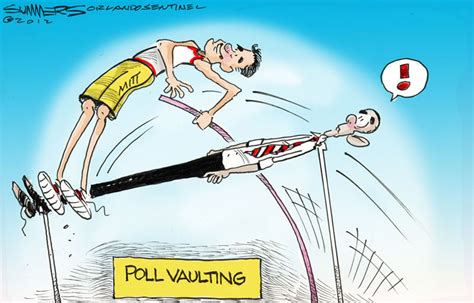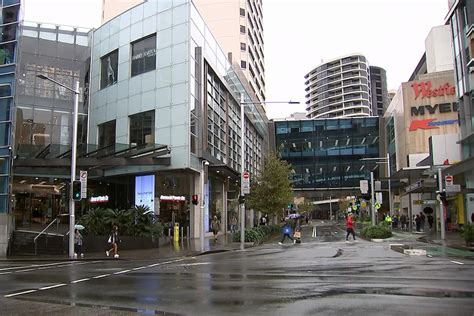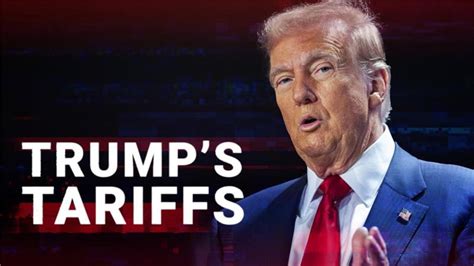As we delve into the realm of Australian politics, it’s not just about policy substance but also the unforgettable gaffes that have shaped political narratives. The Oxford English Dictionary defines a gaffe as a
“blunder”
or an act of clumsy stupidity, often evoking a sense of triviality rather than seriousness.
**Commonwealth’s Founding Blunder**: The inception of the Commonwealth of Australia itself was marked by a significant blunder. Lord Hopetoun, the governor-general at the time, appointed William Lyne as the first prime minister without understanding his unpopularity due to opposing federation. This misstep, known as the Hopetoun Blunder, set off a chain of events highlighting the importance of informed decision-making in politics.
**Evatt’s Diplomatic Misstep**: Herbert Vere Evatt’s handling of Soviet spies and his incredulous letter to Vyacheslav Molotov showcased how words can have lasting consequences in politics. His speech led to widespread ridicule and ultimately damaged his credibility and reputation, opening doors for his political opponents.
**Hewson’s Cake Conundrum**: John Hewson’s confusing explanation during a TV interview on how his proposed tax would apply to a cake became emblematic of campaign gaffes that can sway public opinion. Though he might have lost anyway, this incident highlighted how simple communication breakdowns can impact electoral outcomes.
**Keating’s Recession Rhetoric**: Paul Keating’s infamous statement declaring recession as something Australia needed became both controversial and iconic. Initially seen as an attempt to deflect blame, it later gained nuanced perspectives as economic contexts shifted, showcasing how gaffes can be reevaluated over time.
**Morrison’s Leadership Lapses**: Scott Morrison’s seemingly innocuous remark during the Black Summer bushfires evolved into a symbol of leadership complacency for critics. His subsequent comments on Covid vaccination further fueled perceptions of him being out-of-touch with public sentiment, emphasizing the enduring impact of political slip-ups.
Intriguingly, what may appear as mere verbal missteps often signify deeper issues within political landscapes. From undermining credibility to shaping public perception, gaffes play an integral role in molding political narratives and influencing electoral outcomes.
As we navigate through another election season rife with media scrutiny on politicians’ every word and deed, it underscores how even minor blunders can have far-reaching implications in shaping governance and public trust in our leaders.
Frank Bongiorno aptly captures this intricate tapestry of Australian political history marred by gaffes that transcend superficial interpretations to reveal underlying truths about leadership, accountability, and societal values. Through these anecdotes lie valuable lessons on the power of words and actions in defining political legacies.







Leave feedback about this